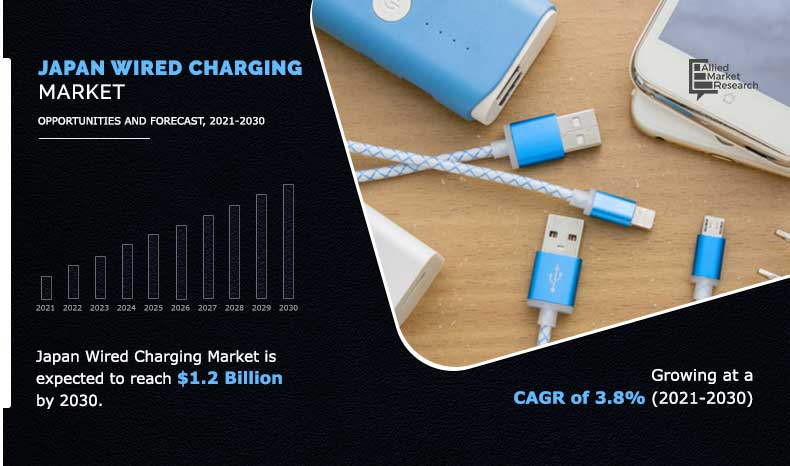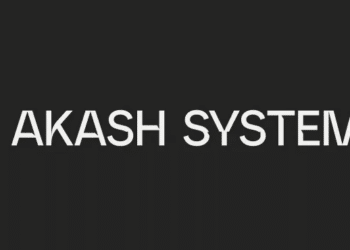Japan’s wired charging market is on a trajectory for substantial growth, with Allied Analytics LLP forecasting its value to climb from $0.8 billion in 2020 to $1.2 billion by 2030. This ascent is propelled by multiple factors, including the pervasive use of mobile devices and laptops in daily life.
The surge in demand for these gadgets acts as a primary driver for the wired charging market. Moreover, the growing popularity of electric vehicles (EVs) contributes significantly to the demand for wired charging infrastructure. Japan ranks as the world’s third-largest market for light-duty plug-in vehicles, following China and the U.S., indicating the pivotal role of wired charging in the country’s transportation sector.
The Japanese government’s commitment to achieving carbon neutrality by 2050 further underscores the importance of electric vehicles. With automobiles accounting for a significant share of the country’s greenhouse gas emissions, electrification becomes imperative to meet ambitious sustainability targets.
Segmented by type, charging type, application, and sales channel, the Japan wired charging market accommodates a diverse range of consumer needs. Types include Type C, Micro USB, lightning, and others, while charging options range from standard to fast charging. Applications span personal care, consumer electronics, automotive, energy & power, healthcare, and beyond. Sales channels encompass both online and offline platforms.
Key players shaping the Japan wired charging landscape include industry giants such as ABB, AOYAMA Elevator Co., Ltd, Apple Inc., Dell Technologies Inc., Delta Electronics, Inc., Huawei Technology Co., Ltd., Samsung Electronics Co., Ltd., Sunvalley Group, Tesla, and Webasto.
The market analysis, spanning from 2020 to 2030, evaluates the impacts of drivers, restraints, and opportunities on market growth. It includes a comprehensive regional analysis and Porter’s five forces assessment to gauge the market dynamics and competitive landscape.






